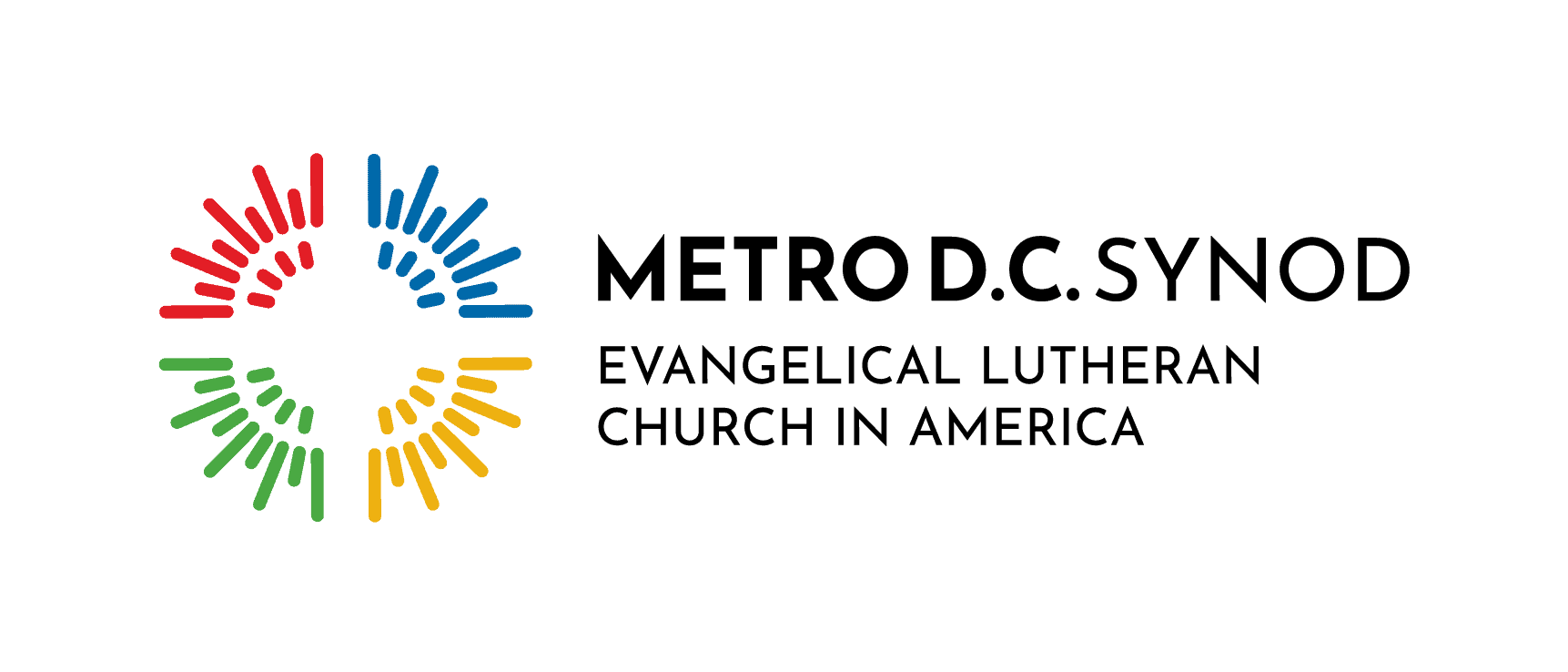Culture of openness

by John Handley, synod treasurer

If we are living our lives as forgiven sinners, it is important to create an environment where owning up to mistakes is allowed, members can be forgiven, and problems can get resolved.
An article in The Washington Post* recently put a spotlight on potential financial wrongdoing within several large charitable organizations. When fraud is discovered in large organizations of any kind, it makes for sensational stories. But the same situations happen in smaller organizations, such as churches and local charities, too.
More often than intentional fraud, we in the synod office see cases where well-meaning members of our congregations take on financial responsibilities and are unable or unwilling to carry out those responsibilities. Sometimes it is because of a lack of knowledge of the fiduciary responsibilities that come along with the job. Sometimes volunteers just get behind in their work.
When a member has to admit that they have let the congregation down, it can be a painful experience, even beyond the financial costs involved. The thought of that painful reckoning can cause people, even with the best of intentions, to delay reporting issues which ends up digging deeper holes. If we are living our lives as forgiven sinners, it is important to create an environment where owning up to mistakes is allowed, members can be forgiven, and problems can get resolved.
In my twenty years as a congregational and synodical treasurer, I have missed payment deadlines that caused my congregation or the synod to incur financial penalties. We all fall short of our best goals for ourselves. But, as I tell the youth baseball players that I coach, everybody makes errors. What is important is what you do AFTER you have made a mistake.
In our congregations, we need to create a culture of openness so that all appropriate matters, including finances, are open for all in the organization to see. From a fraud prevention standpoint, remember that it is important to divide up financial tasks so that no one person has all of the responsibility or all the control. As the saying goes, many hands make light work.
It is also a good practice to perform a financial audit annually. Audits are not just performed to “catch bad guys,” but to demonstrate the atmosphere of openness, identify issues that need to be discussed, and, often, to add the perspectives of others that may have related expertise. Within most congregations, the audit can be performed by members, so there is no cost to the congregation. Larger organizations (including the synod) need to have a full audit done by professionals.
If you are interested in more resources to help manage the financial life of your congregation, the ELCA has resources for congregational treasurers and bookkeepers online. Specific to audits, I have found the “Handbook for the Church Audit Committee” (link to pdf file) prepared for a conference of the United Church of Christ to be very practical and helpful.
* “Congress promises multiple investigations of possible wrongdoing at charities,” by Joe Stephens and Mary Pat Flaherty (11/1/13)


